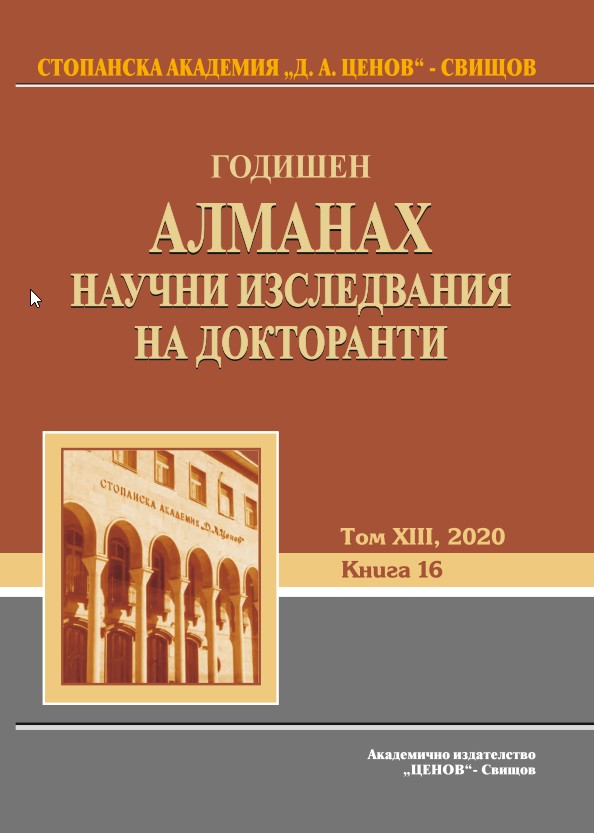Еволюция на паричните системи и изоставянето на златния стандарт като фактор за финансовите кризи
Evolution Of Monetary Systems And The Abandonment Of The Gold Standard As A Factor For Financial Crises
Author(s): Vladimir SirkarovSubject(s): Economy, Business Economy / Management
Published by: Стопанска академия »Д. А. Ценов«
Keywords: monetary systems; monetary base; monetary aggregates; gold standard; financial crises; economic crises
Summary/Abstract: One of the main functions of the classical gold standard from the period 1815–1914 was to limit the political pressure for an increase in money supply. This is fundamentally important for the economy, because the increase in supply of money not backed by gold has a destructive impact on its sustainable development. After the classical gold standard, the monetary systems began a serious structural change towards less and less backing of the paper money with gold. The foundations of the new world monetary order, dominated by the United States and the US dollar, were laid on July 1944 at Bretton Woods, New Hampshire. However, in the Bretton Woods monetary system, the role of gold was very limited. The post-war imbalances in world trade and the economic problems of the United States in the early 1970s necessitated the final closing of the so-called gold window by President Richard Nixon on August 15, 1971. Thus, the world entered an international system of fiat money. Since its launch, there has been a large inflation of central bank balance sheets and a significant increase in money supply. The most serious negative effect from this is the broad credit expansion unrelated to the levels of savings in the economy. This leads to economic consequences such as the formation of financial bubbles, the inability for adequate business calculation, financial and economic crises, and income and wealth inequality.
Journal: Годишен алманах "Научни изследвания на докторанти"
- Issue Year: 2020
- Issue No: 16
- Page Range: 5-24
- Page Count: 20
- Language: Bulgarian

